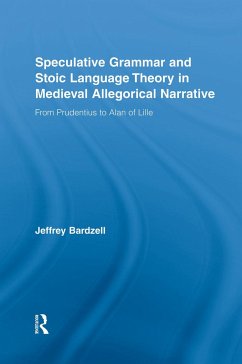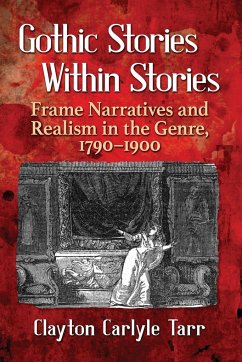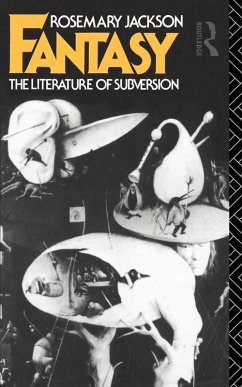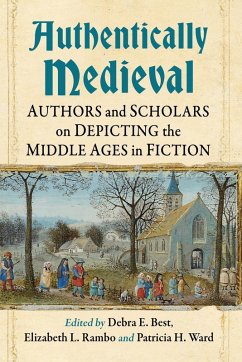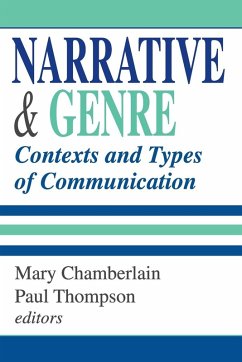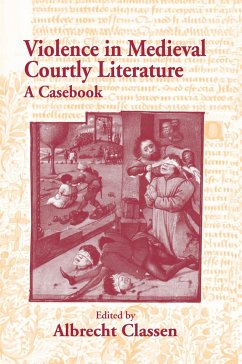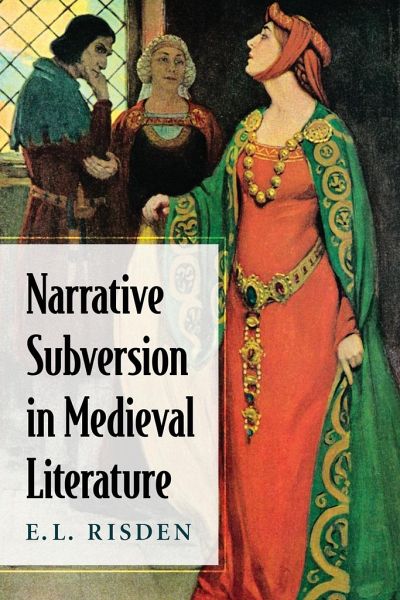
Narrative Subversion in Medieval Literature
Versandkostenfrei!
Versandfertig in 1-2 Wochen
34,99 €
inkl. MwSt.

PAYBACK Punkte
17 °P sammeln!
A story that follows a simple trajectory is seldom worth telling. But the unexpected overturning of narrative progress creates complexity and interest, directing the reader's attention to the most powerful elements of a story. Exile, for example, upsets a protagonist's hopes for a happy earthly life, emphasizing spiritual perception instead. Waking life interrupts dreams, just as dreams may redirect how one lives. Focusing on medieval literature, this study explores how narrative subversion works in such well known stories as Beowulf, Piers Plowman, Le Morte D'Arthur, The Canterbury Tales, Tro...
A story that follows a simple trajectory is seldom worth telling. But the unexpected overturning of narrative progress creates complexity and interest, directing the reader's attention to the most powerful elements of a story. Exile, for example, upsets a protagonist's hopes for a happy earthly life, emphasizing spiritual perception instead. Waking life interrupts dreams, just as dreams may redirect how one lives. Focusing on medieval literature, this study explores how narrative subversion works in such well known stories as Beowulf, Piers Plowman, Le Morte D'Arthur, The Canterbury Tales, Troylus and Criseyde, ""Voluspa"" and other Old Norse sagas, Grail quest romances, and many others.




